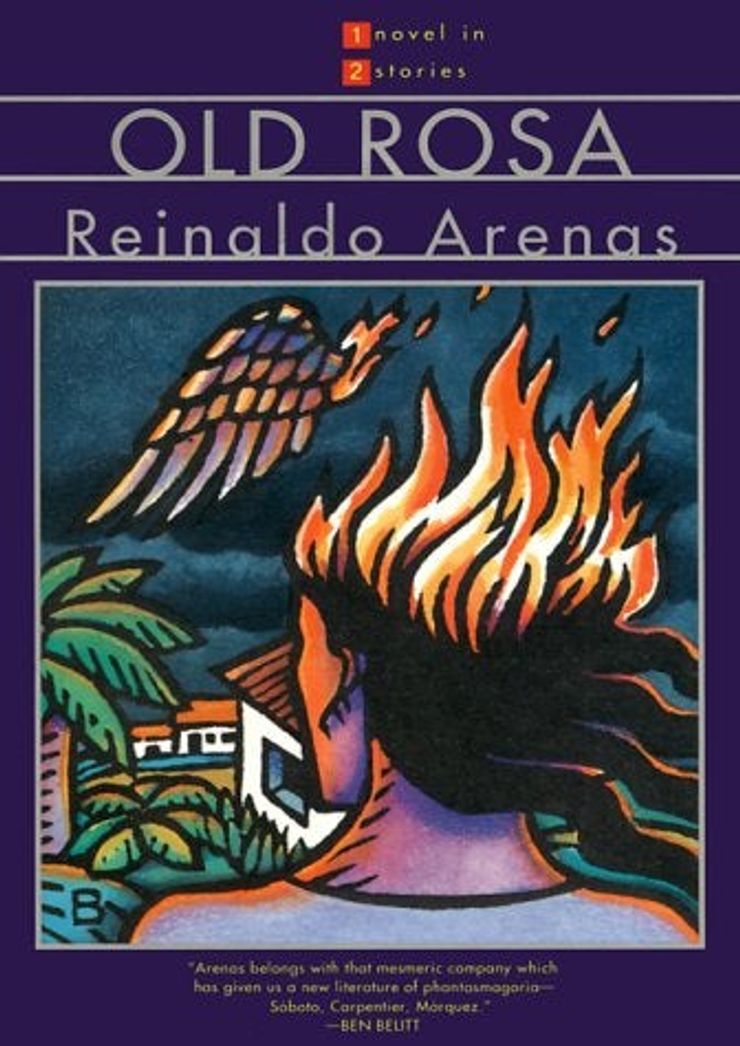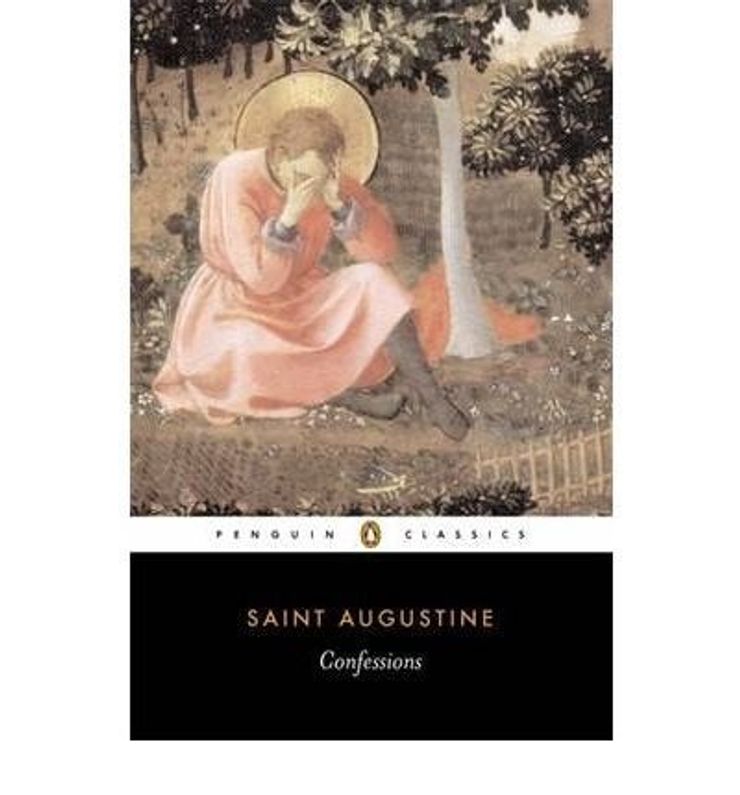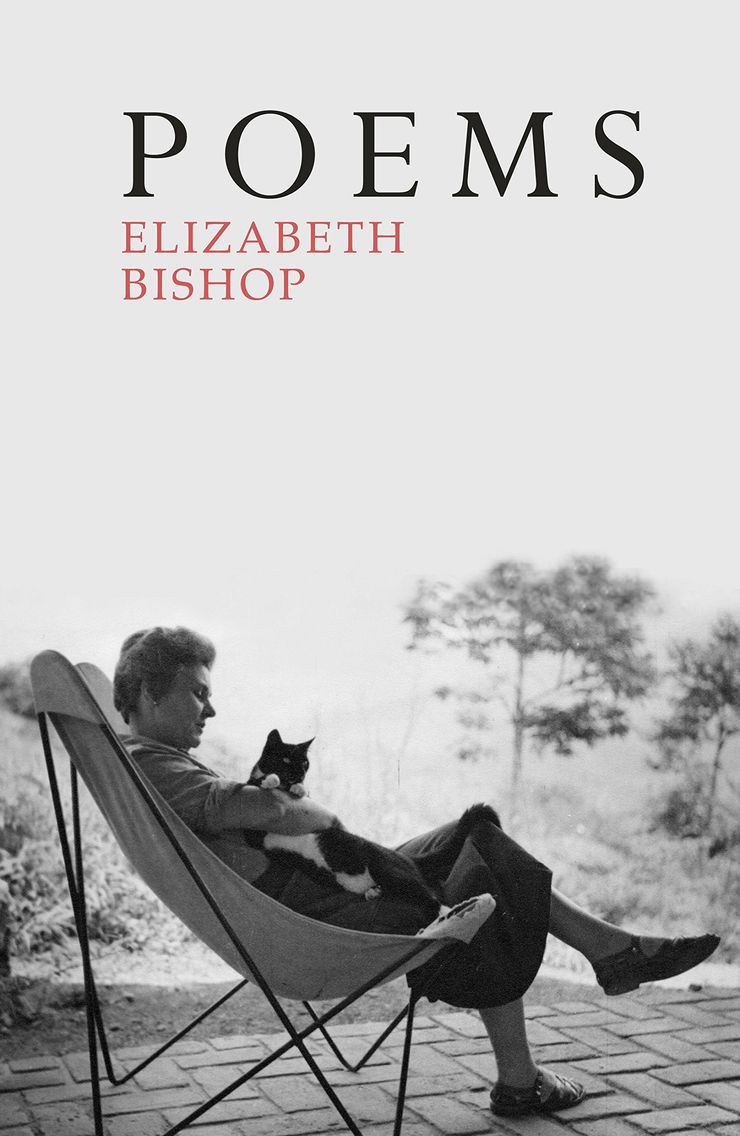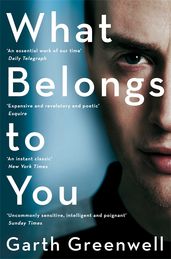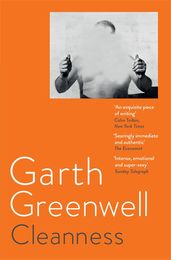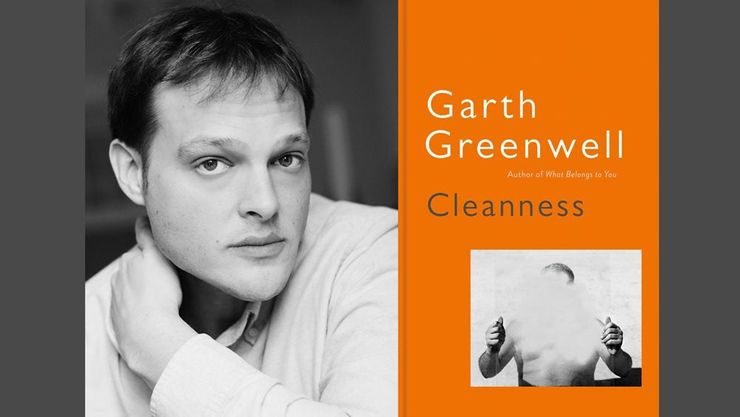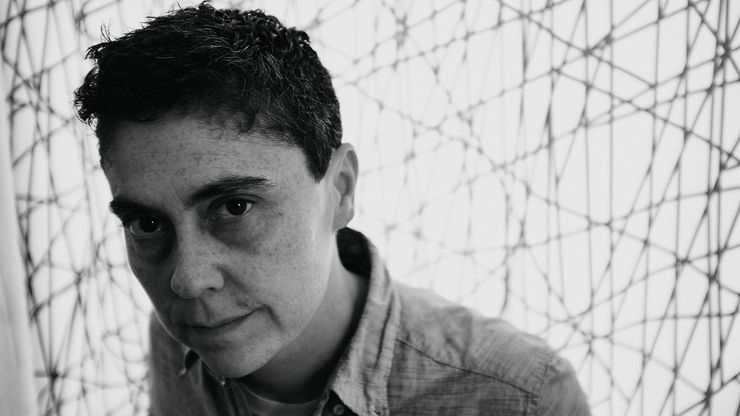Garth Greenwell on the novels that inspire his writing
Garth Greenwell is the critically acclaimed author of What Belongs to You and Cleanness. Here he discusses the books that have inspired his writing.
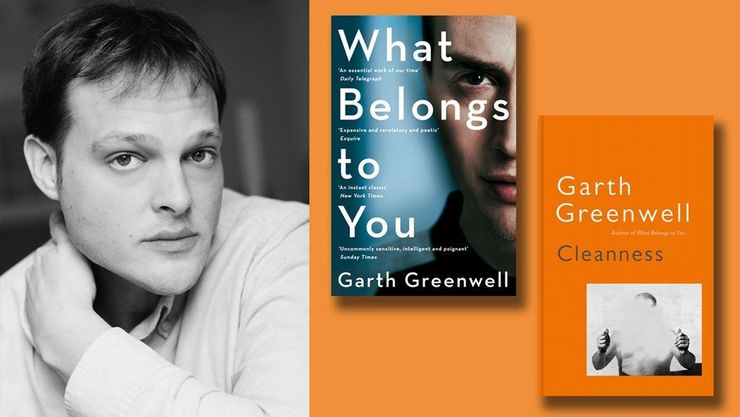
Garth Greenwell’s What Belongs To You was one of the most critically-acclaimed debuts of recent times, and his highly anticipated second book, Cleanness, revisits and expands the world of his first novel, as an American teacher navigates a life transformed by the discovery and loss of love. Here Garth discusses the novels that have most inspired his writing.
Old Rosa
by Reinaldo Arenas
In Arenas’s extraordinary novella a woman remembers her life as her house burns down around her. This was the first block text—a long text written as a single paragraph—I had ever encountered, and so my first experience of the narrative possibilities, especially in relation to memory and time, of the form I would use in the middle section of What Belongs to You.
Confessions
by Saint Augustine
All attempts to convey in writing the experience of consciousness hark back to Augustine’s autobiographical project. No book I know dramatizes more powerfully the act of luminous, passionate thinking.
The Loser
by Thomas Bernhard
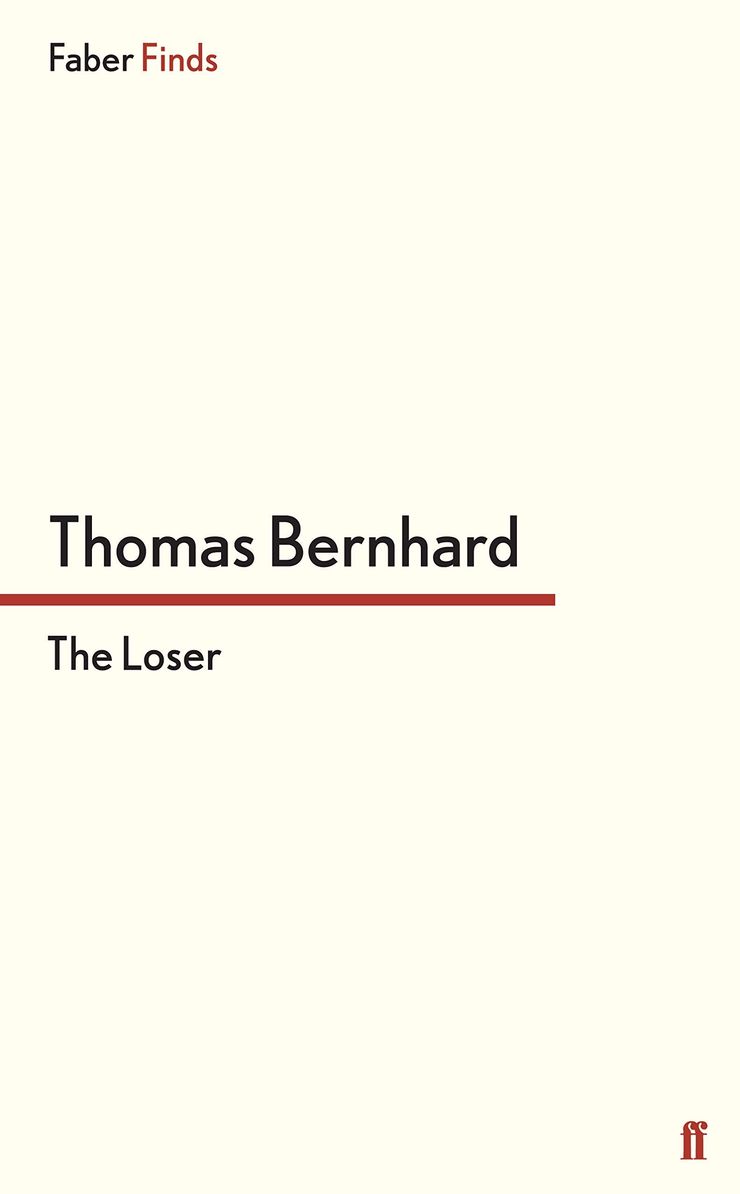
A kind of electricity crackles through Bernhard’s sentences, and the peculiar construction of almost all of his books—the slightest physical action serving as a frame for parsings of memory, flights of philosophy, hilarious and terrifying rants—is an inspiration and a challenge.
Poems
by Elizabeth Bishop
Bishop’s poems mostly avoid the usual kinds of autobiography, but description at this pitch amounts to an absolute exposure of the self. She’s an ideal of visual precision, and of the way particular, physical detail, exactingly described, can launch one into the metaphysical.
In a Strange Room
by Damon Galgut
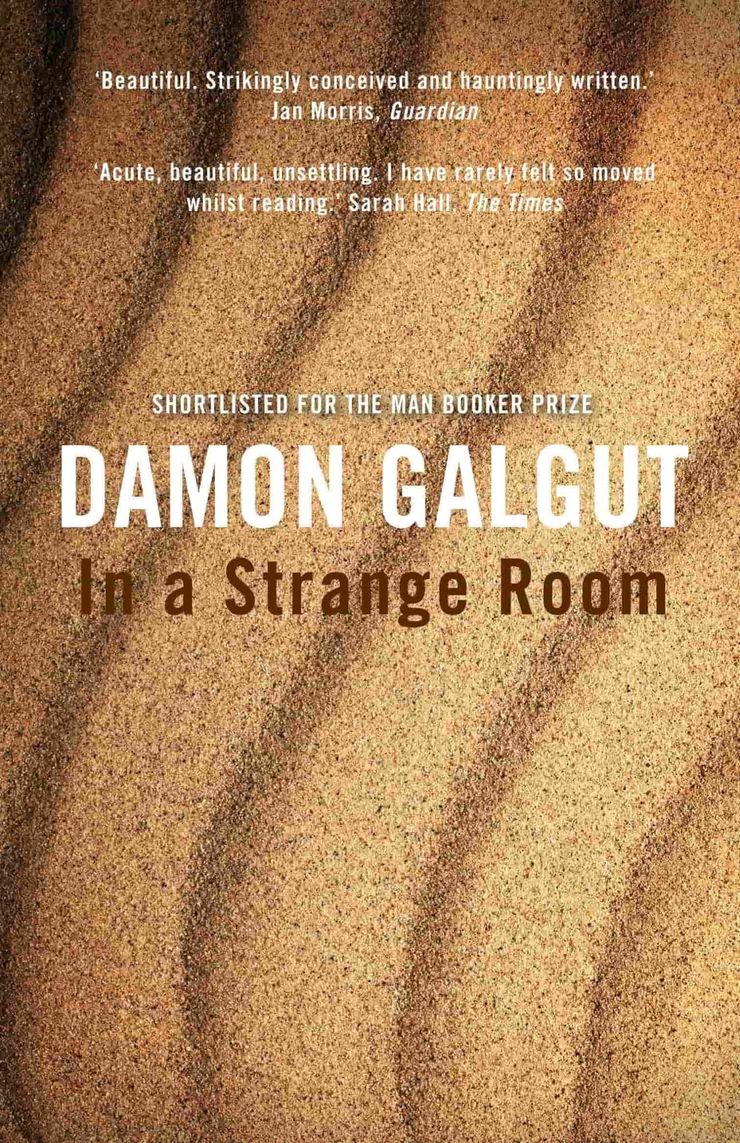
I read this haunting, gorgeous novel at a crucial point in writing What Belongs to You, and it was a kind of key that unlocked the structure I needed. Galgut is one of the great writers working in English, a master of economy and startling psychological insight.
The Golden Bowl
by Henry James
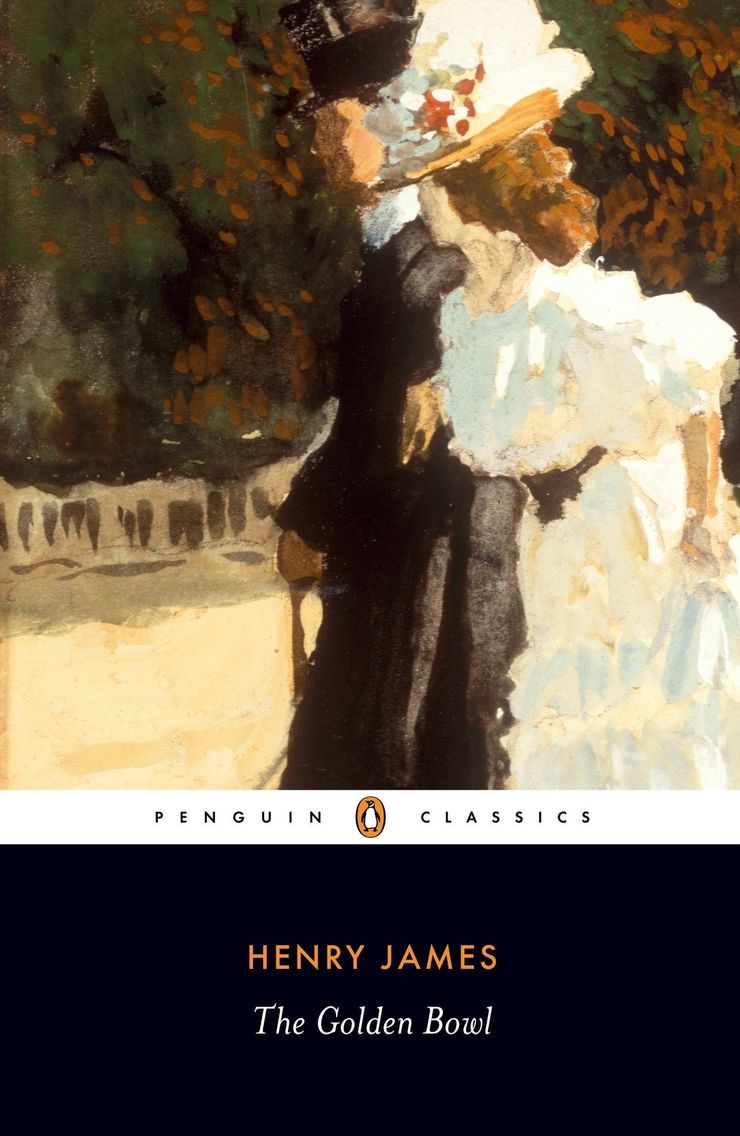
I count James’s sentences as the greatest in English, not just for their virtuosity and beauty but for their extraordinary subtlety in tracking and communicating psychology. No one captures better the constant slight shifts of emotional weather in any encounter between two people.
Death in Venice
by Thomas Mann

One of the great studies of desire, and a great demonstration of how such a study can accommodate the most expansive questions about human life.
A Heart So White
by Javier Marías
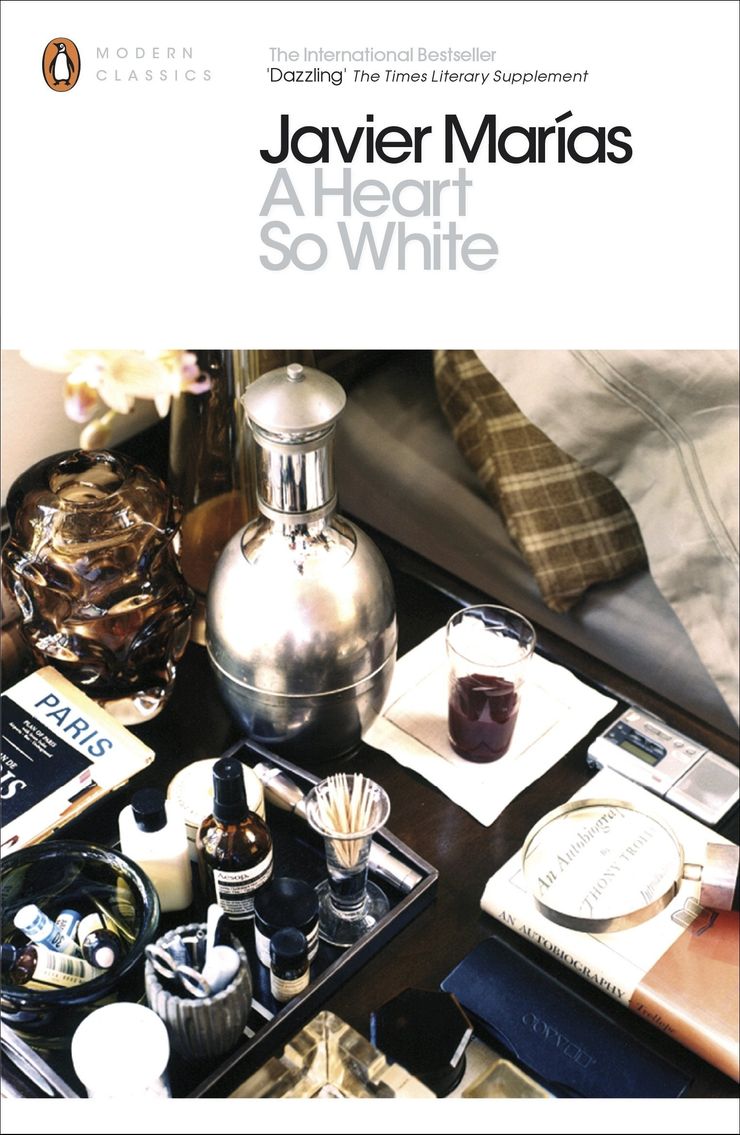
What astonishes me about Marías’s writing is the way his books are at once languorous and tense. A Heart So White, maybe my favourite of his novels, begins with a shocking scene of violence that serves as a kind of narrative engine, like the lighting of a fuse, and yet the prose makes room for the most far-flung rumination.
The Rings of Saturn
by W G Sebald

Reading this book for the first time was a revelation; it opened for me the possibility of someday writing a novel. The plot of Sebald’s books is always the same: a man thinking about urgent things with the weight of his whole life. No story is more thrilling.
The Waves
by Virginia Woolf
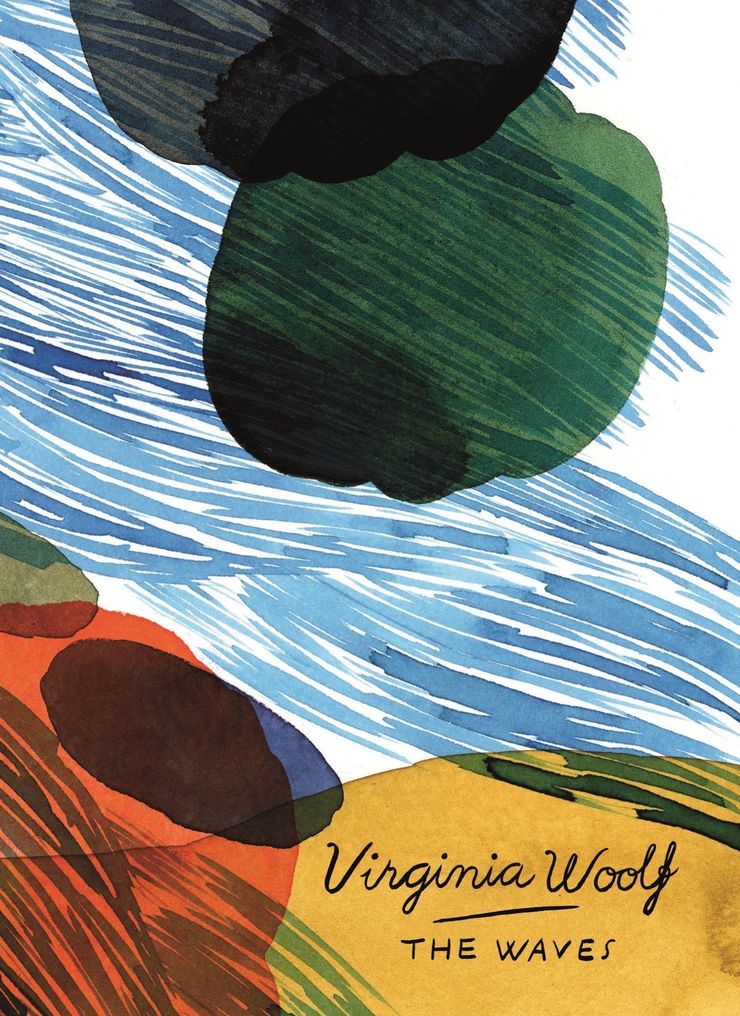
Woolf charts territories for the novel that still feel bracingly new, daring herself to see how far language alone can sustain her: the novel as pure poetry, pure art. Reading it is intense and restorative, like exposing oneself to the sun.
What Belongs to You
by Garth Greenwell
On an unseasonably warm autumn day, an American teacher enters a public bathroom beneath Sofia's National Palace of Culture. There he meets Mitko, a charismatic young hustler, and pays him for sex. He returns to Mitko again and again over the next few months, their relationship growing increasingly intimate and unnerving.
As he struggles to reconcile his longing with the anguish it creates, he's forced to grapple with his own fraught history: his formative experiences of love, his painful rejection by family and friends, and the difficulty of growing up as a gay man in southern America in the 1990s.
Cleanness
by Garth Greenwell
Expanding the world of his novel What Belongs to You, a debut that the New York Times Book Review hailed as 'an instant classic, in Cleanness Garth Greenwell writes with startling insight about what it means to seek connection: with those we love, with the places we inhabit, and with ourselves.
In Bulgaria's capital, amid political protests, an American teacher reflects on the intimate encounters of his past as he prepares to leave the country he has come to call home.
In this video, Garth discusses just a few of his inspirations:
